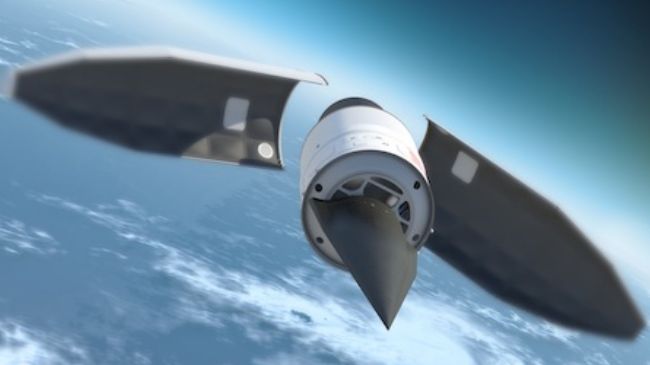Pentagon alarmed by China’s new hypersonic glide vehicle: Official

The Pentagon is increasingly concerned by China’s recent test of a new ultra-high speed strike vehicle which poses a serious challenge to the US military’s technological edge, a senior Pentagon official says.
During a House Armed Services Committee hearing on Tuesday, Frank Kendall, undersecretary of defense for acquisition, technology, and logistics, told lawmakers that he is worried the large-scale cuts in the Pentagon budget would undermine US military superiority.
“The Department of Defense is being challenged in ways that I have not seen for decades, particularly in the Asia-Pacific region,” he said in testimony on the Obama administration’s so-called “pivot” of military resources toward the Asia-Pacific.
“On hypersonics, this is a good example of an area of technology that is going to move forward whether we invest in it or not,” Kendall was quoted as saying by the Washington Free Beacon that first disclosed China’s Jan. 9 flight test of a hypersonic glide vehicle that the Pentagon has called the WU-14. “China is doing work in this area,” he added.
The Pentagon’s chief weapons buyer said such hypersonic vehicles are difficult for US missile defenses to counter. The missiles travel and maneuver while flying at speeds of up to 7,680 miles an hour.
Kendall said China is dramatically increasing its military spending while “our budgets are going in the opposite direction.”
“Their budget is far smaller than ours, but their personnel costs are also far smaller than ours,” said Kendall, undersecretary of defense for acquisition, technology and logistics.
China’s new hypersonic glide vehicle (HGV) is capable of penetrating US missile defense system and delivering nuclear warheads with record breaking speeds.
The Pentagon has for several years expressed concern that the US might be losing its military superiority in areas such as fighter jets, missile systems and cyber warfare in the coming years.







